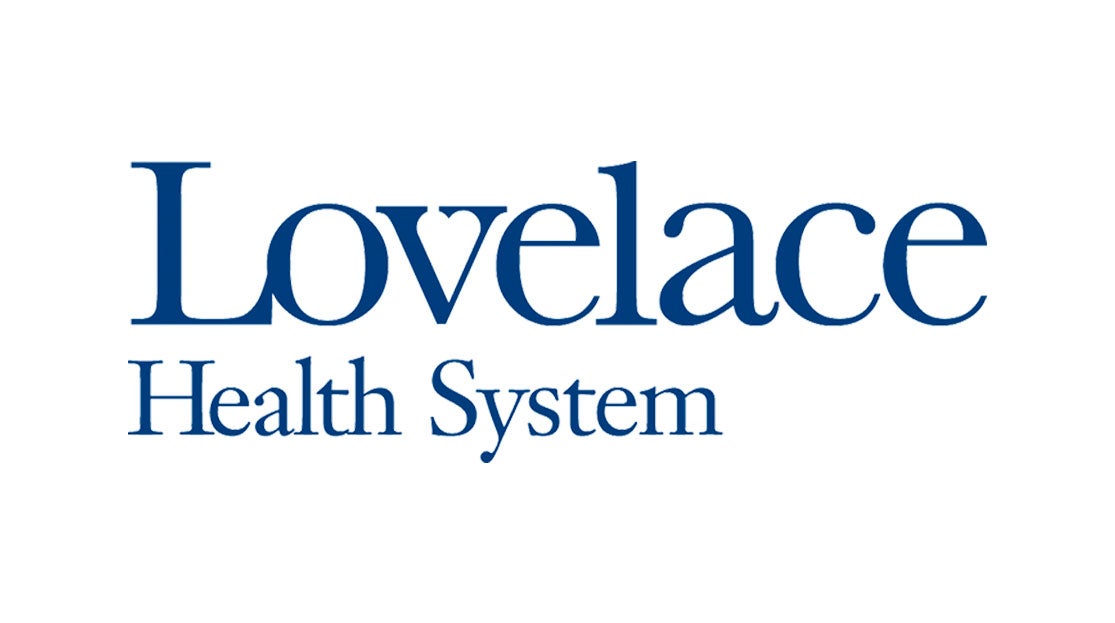
The brain is a fascinating organ. Did you know your brain is made up of 100 billion neurons with anywhere from 1,000 to 10,000 synapses for each neuron? Researchers have uncovered interesting information about the brain. For example, it is the fattest organ in the body, consists of 75 percent water and can feel no pain. However, there is still so much we do not know about the brain. Researchers continue to work to understand how memories are stored and retrieved, just to name one unsolved mystery of the brain. As we recognize National Brain Awareness Week, we delve into what we can do to keep our brains healthy, active and sharp.
Food for Thought
You’ve heard of the sayings “something to chew on” and “food for thought,” right? Our brains, believe it or not, consume 20 percent of all the calories we take in to do all the tasks required of it day and night. If you’re feeling foggy and hungry, there’s a reason for it. Our brains need calories to work, but the quality of those calories can be especially helpful in improving brain function.
Certain foods fuel our brains and can help it work better, longer. Researchers have found people who consume diets high in vitamin E can cut their risk for developing Alzheimer’s by 25 percent. Vitamin E is found in foods like walnuts, spinach and avocadoes. Blueberries are good for the brain researchers say, because they don’t have cholesterol (clogged arteries can reduce mental function) and can help boost memory. Vitamin K, found in broccoli, can enhance cognitive function and improve memory as well.
When you have a choice between foods, researchers say to go for the one that is lowest on the glycemic index. These are foods that are not quickly digested, entering the blood stream with a brief surge of glucose. An example of a food that is digested quickly is white bread. Whole-grain foods are broken down more slowly by the body and, therefore, give our brains a more steady supply of energy. Adding protein helps slow down the breakdown even further.
Sleep on It
Here’s another saying with roots in brain health – sleep on it. Until the 1950s, researchers believed sleep was a passive act – essentially, they believed our brains were shutting off. However, today we know our brains are just as active when we sleep as when we are awake. When we sleep, our brains are working to be and stay healthy.
Giving our brains proper sleep is essential for brain function and even our very survival. Researchers have found rats that would normally live for two to three years can die after only five weeks if deprived of sleep. Experts believe that when we are asleep, the neurons used during the day rest and restore at night. Without sleep, experts believe the neurons could start to malfunction.
Deep sleep is a time when our bodies increase production on a cellular level, allowing for the release of growth hormones for children and young adults. It is also a period of time marked by a reduction of protein breakdown. Proteins are essential for cell growth, which allows our bodies to repair the damage of stress and outside contaminants like ultraviolet rays. When we sleep, our memory gets a boost as well. Our brains process and store new information we took in that day while we sleep, directly impacting our short- and long-term memory.
Keeping Your Brain in Shape
Is your brain in need of a makeover? If you noticed that recalling names and details are more difficult than it used to be, now might be a good time to work on your neuroplasticity. (Neuroplasticity describes your brain’s ability to work better by remodeling nerve cell connections.) Scientists are researching how the impact of stimulating environment and exercises can improve brain function. One Mayo Clinic found that exercising the brain helped it stay fit. The study showed that certain exercises helped these adults process sounds 58 percent faster. Researchers are still working to measure how long these results can last and how they transfer to real life applications.  In the meantime, Americans appear to be interested in improving memory and cognitive function and the private sector is taking note. One business, LearningRx, has opened more than 80 franchises across the country to “brain train” their customers. LearningRx says that of their more than 50,000 students, their data reveals an I.Q. average gain of 15 points after 24 weeks of training. “Brain training” is also easily available online, where customers share reasons for exercising their brains ranging from “to keep me sharp at work” to “a cognitive rehabilitation strategy.”
In the meantime, Americans appear to be interested in improving memory and cognitive function and the private sector is taking note. One business, LearningRx, has opened more than 80 franchises across the country to “brain train” their customers. LearningRx says that of their more than 50,000 students, their data reveals an I.Q. average gain of 15 points after 24 weeks of training. “Brain training” is also easily available online, where customers share reasons for exercising their brains ranging from “to keep me sharp at work” to “a cognitive rehabilitation strategy.”
Physicians and therapists from Lovelace Rehabilitation Hospital will be giving a free public lecture on the aging brain, memory and brain health to celebrate National Brain Awareness Week, which is March 11 – 17. The presentation will take place on Thursday, March 14 at 6pm, at Lovelace Rehabilitation Hospital located at 505 Elm Street, NE.
The one-hour sessions include a screening of the DVD “Staying Sharp,” narrated by Jordan Grafman, Ph.D., on what to expect from the aging brain and how to maintain memory and function. This video will be followed by a question-and-answer session.
The event is free and open to the public. To register, please call 727-4903.




